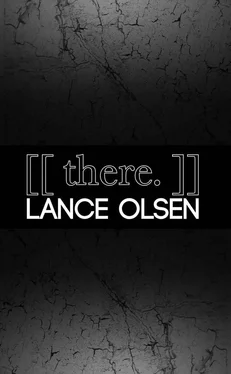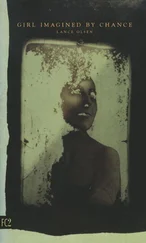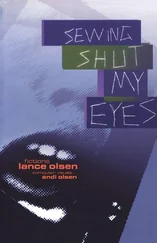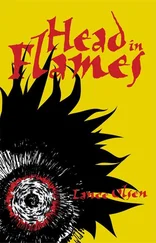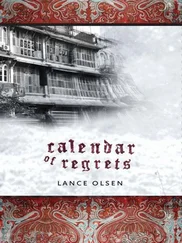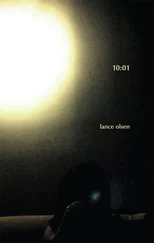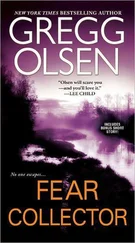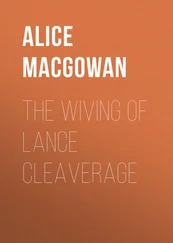:::: Get going, go away, head for, migrate, proceed, push forward, roll, skip out, ship off, traverse, walk, jog, journey.
Run.
:::: The MaerzMusik festival: 10 days of aural innovation every March, and Andi is filming rehearsals.
Beat Furrer’s Xenos III : the percussionist recites haunted language particles by the Austrian author Händl Klaus (who was born, inverted, as Klaus Händl) into the timpani while the orchestra presents itself as a miscellany of instrumental tremors, scratching sounds, long tones, and mini-gestures designed to make you think about what we mean when we say the words instrument, hearing, music .
Isabel Mundry’s Depuis le Jour : 15 strings and two percussionists allow the contrapuntal music of Late Renaissance Dutch composer Jan Pieterszoon Sweelinck to swell among an atonal mulligan, all about making difficult the idea of spatial and temporal locality, how the memory of art’s past remains detectable in art’s present, the concept of the truly unique, the new, invariably amounting to defective back-fence talk.
:::: Art’s metempsychosis , Joyce called it, malapropped via Molly Bloom as met him pike hoses : the transmigration, not only of souls, but also of texts and genres, from one body to another, across borderafter border.
:::: The instant the upper edge of the sun appeared above the eastern horizon in Berlin on 3 January 2013, the day we arrived:
8:17 a.m.
:::: Lethophobia : the fear of forgetting.
:::: Oliver Schneller’s Polis , a sound installation that generates the aural illusion of being in four places at once by producing ambient noise from a quartet of geographically separate locations through a quartet of speakers: 11:00 a.m. in Cairo, 11:00 a.m. in Beirut, 11:00 a.m. in Jerusalem, 11:00 a.m. in Istanbul.
What does sonic identity sound like, if it sounds like anything at all?
:::: On 26 March 2013:
5:55 a.m.
:::: On 30 April 2013:
5:37 a.m.
:::: Music, then, as performance art. Why does it never occur to me to buy an album by one of Cage’s children? Because a key to the experience of their work is being there, learning to listen in an ever more nuanced way to sonics that refuse to become melodic, repeatable, albumizable.
:::: Which is to say David Clark’s hypermedial 88 Constellations for Wittgenstein: To Be Played with the Left Hand juxtaposes (mostly audio, augmented by visual and textual) narraticules about the Austrian philosopher with those about his pianist brother, Paul, whose right arm was amputated during the First World War, the Twin Towers’ undoing, astronomy, architecture, movies, Hitler and Charlie Chaplin.
These last two born in 1889, the same year as Wittgenstein.
:::: Or how this morning is so bright, the snow outside my window so glaringly white, that floaters keep sliding up into my field of vision in a ceaseless Brownian motion as I sit by the bureau in the corner of my bedroom with a computer in my lap.
I pretend I’m not paying attention to the shadow flecks, but their proteinaceous facticity will have none of it.
:::: Because my books would never have been themselves, in other words, without Andi most of all, her artist’s eye, her ability to teach me daily how to unlearn certain ways of seeing.
Every single sentence in every single one is dedicated to her.
:::: In part the outcome of Clark’s project is an investigation into the problematics of language, and hence of representation, how the aim of Wittgenstein’s work is to show us that we are as flies trapped in a bottle called Western thought, how the words that that thought deploys to build various logical systems bear no relationship to, say, the apples we eat, the kisses that celebrate our visit on this planet.
How the aim of Wittgenstein’s work is to show us — by making us aware of the bottle’s presence, and thus its inherent limitations into which we are forever bumping our foreheads — the means by which to get out, or, perhaps closer to the point, the means by which we can’t get out, no matter what we do, because the top is sealed, because we can’t think beyond language’s glass grammars, because our perceptions are mediated by what we imagine verbs, nouns, and the rest can do.
How one gets out (by not getting out), not through applying a single philosophical method to all the linguistic knottinesses, but by moving from topic to topic every which way in an ongoing calisthenics of inquisitiveness and alertness.
:::: Embarked, en route, bound for, in passage, on the road, on the way, bug out, light out, move out, cruise, decamp, depart, get going, get lost, hightail it, hit the road, on the lam, make a break for it, pass through, push on, push off, quit, set off, shove off, take off, skip out.
Split.
:::: Because 88 Constellations is about how Wittgenstein gave us a bricoleur philosophy that unfolds like an abundance of mini-therapies.
:::: Muscae volitantes : Latin for flies hovering , the medical metaphor for floaters, that cell debris trapped in the eye’s vitreous humor over time — and so I’m once more reading about skin’s leisurely failure.
Spots. Threads. Cobwebs.
:::: Death is so terrifying, Susan Cheever wrote, because it is so ordinary.
:::: Move from printed page to hypermedial pagelessness, and you move from the primary awareness of temporality to the primary awareness of spatiality.
Time traveler becomes pathfinder.
Because 88 Constellations is an investigation into the ways narrativity can function as desire for patterning, for sense-webbing, created anew by each reader/listener/viewer by means of joining the dots of the data constellation called experience in divergent, contradictory ways.
:::: And those who were seen dancing were thought to be insane by those who could not hear the music.
Exclaimed Nietzsche, who, interestingly, could not dance.
:::: There is hope, the writer with a series of baseball caps designed to make money at his expense said, but not for us.
:::: Someone who has given up the idea of living life will surely never be able to embrace death, wrote Guy Debord. Promoters of life insurance merely intimate that it is reprehensible to die without first arranging for the system’s adjustment to the economic loss one’s death will incur; and the promoters of the American way of death dwell solely on how much of the appearance of life can be maintained in the individual’s encounter with dying.
:::: The instant the upper edge of the sun disappeared below the western horizon in Berlin on 3 January 2013:
4:05 p.m.
:::: In Stockholm you rent a car and drive south in search of the farm your grandfather grew up on and described in his progressively sketchier, unmoored memoir scrawled in halting English near the end of his life.
Following the clues, you discover the right parish church, show the gardener weeding among the tombstones the farm’s name, a word that in my grandfather’s hand looks like, perhaps, Hocktorp, although it could be Hackthorp or Hacktorp instead. The gardener shows you the family plot, shakes his head. He can’t help you any further — which is when a mailman peddles by. The gardener flags him down, shows him the name. The mailman recognizes it right away, yet speaks no more English than the gardener, so is reduced to drawing a virtually unreadable map.
Still, a few kilometers and there it is: the phenomenological oddness of red and white cottage, pond my grandfather swam in as a boy over a century ago, cows grazing in the front pasture, pine forest hilling up around us.
:::: For some reason, I decide to Google my dissertation director, Douglas Day, of whom I have always been deeply fond, and discover that, eight months after suffering a debilitating stroke in February 2004, he raised a shotgun to his head and pulled the trigger.
Читать дальше
